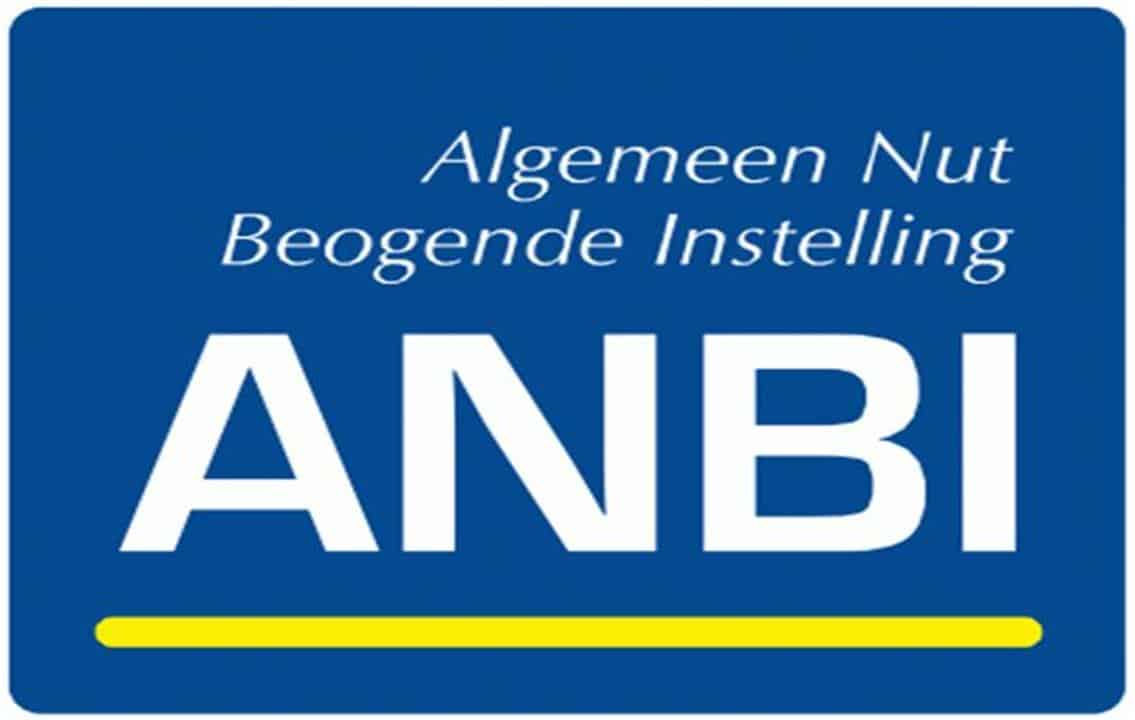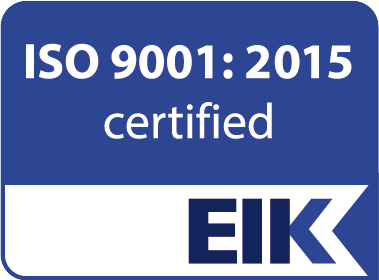
In Iraq, the Participatory Action Research is implemented in Mosul, more specifically in the two neighborhoods of Al-Rashidiya and Shereikhan.
Al-Rashidiya and Shereikhan neighborhoods are located in northern Mosul next to the Tigris River and are part of the Nineveh Governorate in Iraq. These neighborhoods are ethnically diverse areas composed of different groups from across the Middle East. There used to be positive cooperation between the Shiite minority and the Sunni majority in these areas.
However, in 2014, Nineveh fell under the control of ISIS. During this period, minorities were subjected to captivity, brutality, and massacres. This social fabric and cohesion has been severely harmed, as dozens of Yazidis have been killed and kidnapped. Despite the liberation of the area in 2017 and the return of many refugees to the city, these recent traumatic events have damaged the mental health and social cohesion that once existed.
Currently, many non-governmental organizations (NGOs) focus on providing humanitarian aid in the region where many of the services people need are provided through a fragile non-state economy. This system is exposed to the threat of the proliferation of uncontrolled weapons and the presence of outlaw armed groups that threaten societal peace. These are the same threats that contribute to the weak presence of civil society in the neighborhoods of Al-Rashidiya and Shereikhan.
Within Civic Horizons, a group of 8 civil society actors in Al-Rashidiya and Shereikhan, consisting of women and men of different ages, designed and implemented a participatory action research, together with several community members. Their research topic focused on understanding how human security is affected by the issue of pollution, including waste from hospitals and livestock slaughterhouses.
Reflecting on the experience of implementing the Action Research, actors shared with HSC:
“Opinions were collected about the research, and the team shifted from the method of individual work to group work. Since the team is from the same area of Al-Rashidiya and Shereikhan, and is personally experiencing the problems, there was a will to address these challenges. These problems have had a negative impact on the environment, and consequently, people's health, causing chronic diseases such as asthma, allergies, skin infections, and possibly cancer.”




